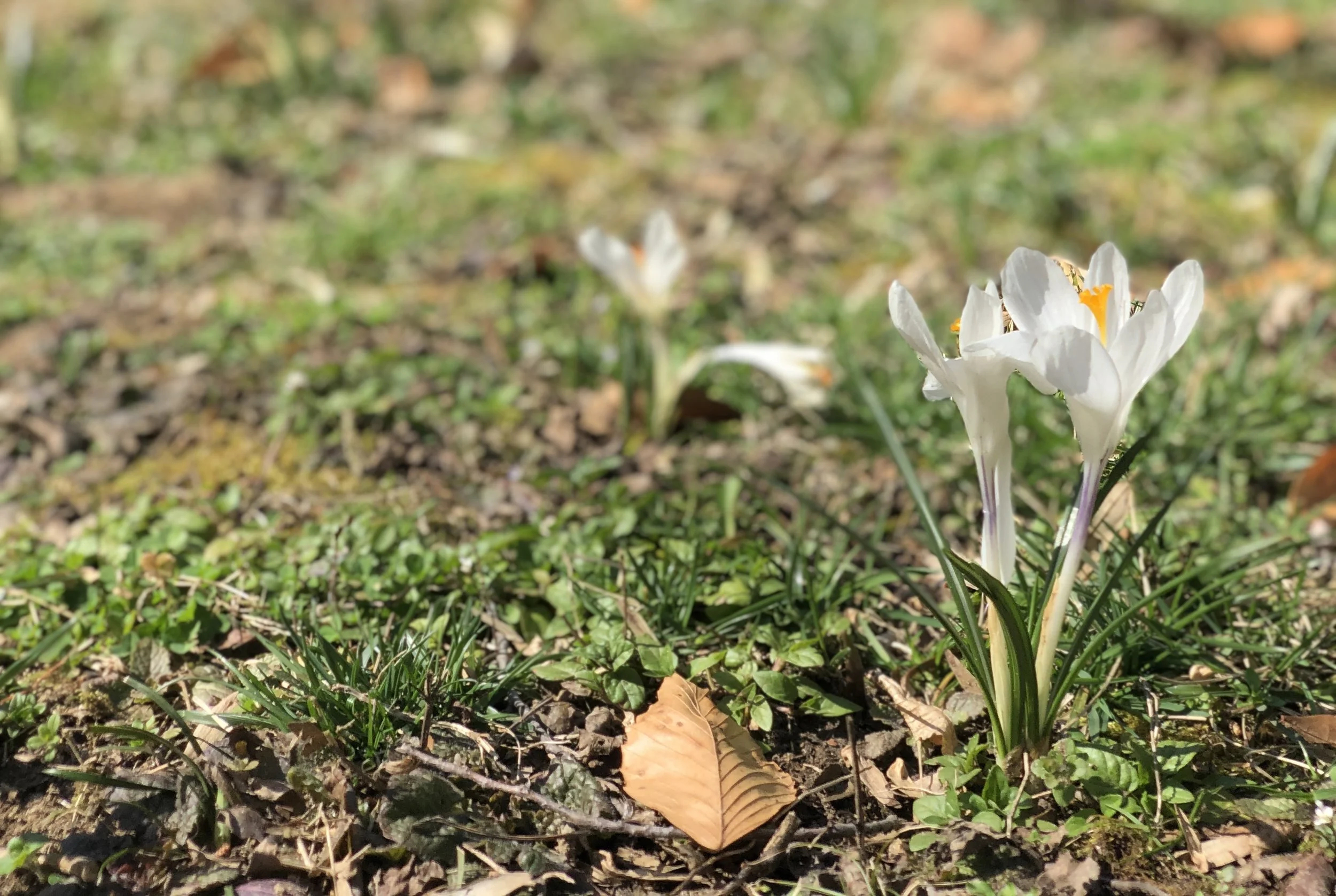Nirvana here and now
Many people think that nirvana is a place of happiness where people who are enlightened go when they die. No idea could be more misleading. The Buddha taught many times about the nirvana that can be realized right here and now, in this very life. Nirvana means liberation and freedom. If we are able to free ourselves from our afflictions such as attachment, hatred and jealousy, and we can free ourselves from wrong views like our ideas about birth and death, being and nonbeing, coming and going, and so on, we can be in touch with nirvana in the present moment.
People often ask, “Once they are dead, whither do they go. What happens to you when you die?” People think that they are made up of a physical body and a soul, and that at death, the physical body disintegrates, and what is left is the soul. … Ask yourself: When the flame goes out, where will it go? If we look for the flame in the form of a flame, we shall never find it. The flame, however, never dies. While it is manifesting, it produces light, smoke, and heat. When it is no longer manifesting, the light, smoke and the heat continue. It would be very naive to look for the continuation of the flame in the form of a flame.
Nirvana isn’t merchandise for sale. Any religion can sell a paradise, a pure land, or nirvana. But is nirvana a product that the Buddha and ancestral teachers want to sell us? Is it a promised land or paradise up in the sky, which people try to sell us saying: “If you follow our religion, if you become a member of our congregation, then after you die you will have nirvana or the Kingdom of Heaven”? We can see clearly that it is not.
According to the Nirvana chapter, nirvana is something that is always there. We do not need to buy it. I am not trying to sell you anything, because nirvana is available everywhere. The Buddha and the ancestral teachers just try and find a way to help us to see it. If we practice mindfulness skillfully, we can step outside and enjoy the ultimate.
The first definition of nirvana is extinction of the fire of afflictions. The fuel that keeps the fire going is our ignorance or wrong perceptions. The second definition of nirvana is the extinction of wrong perceptions. Ideas of I and you as two separate realities, or of body and mind as two completely different things, of subject and object as separate from each other, of birth and death, being and nonbeing as opposites. All these ways of thinking are the fuel for the fire to burn. We have to put out the fire of all of this thinking.
If we want to enjoy nirvana, we have to abandon all the things that bind us in our everyday life, and quite automatically, nirvana is there. … When we can transcend wrong views, we feel immense space around us and within us. The flames that were burning us have been put out. Nirvana … is a state of calm, coolness, security, and freedom.
If you know how to be in touch with it, you will automatically experience it. It is like the refreshing air of the early morning. It is simply there. You just need to open your window or step outside and you can enjoy it.
It is the daily abode of the people we call sages or holy ones. In the Nirvana chapter, there is the verse:
The deer take refuge in the countryside,
The birds in the sky …
The holy ones spend their time in nirvana.
The domain of nirvana is the world of no-being and no-nonbeing, no-birth and no-death. Nirvana is there for us. Whether we want it or not is up to us. The sky and the clouds are always there for the birds; the countryside is always there for the deer. It is up to us to choose.
Extracts from ‘Enjoying the Ultimate: Commentary of the Nirvana Chapter of the Chinese Dharmapada’
by Thich Nhat Hanh
I see that this body - made of the four elements - is not really me, and I am not limited by this body. I am the whole of the river of life, of blood ancestors and spiritual ancestors, that has been continuously flowing for thousands of years and flows on for thousands of years into the future. I am one with my ancestors and my descendants. I am life manifesting in countless different forms. I am one with all people and all species, whether they are peaceful and joyful or suffering and afraid. At this very moment I am present everywhere in this world. I have been present in the past and will be there in the future. The disintegration of this body does not touch me, just as when the petals of the plum blossom fall it does not mean the end of the plum tree. I see that I am like a wave on the surface of the ocean. I see myself in all the other waves, and I see all the other waves in me. The manifestation or the disappearance of the wave does not lessen the presence of the ocean. My Dharma body and spiritual life are not subject to birth or death. I am able to see my presence before this body manifested and after this body disintegrates. I am able to see my presence outside this body, even in the present moment. Eighty or ninety years is not my lifespan. My life span, like that of a leaf or of a buddha, is immeasurable. I am able to go beyond the idea that I am a body separate from all other manifestations of life, in time and in space.
From’The Art of Living’
by Thich Nhat Hanh

